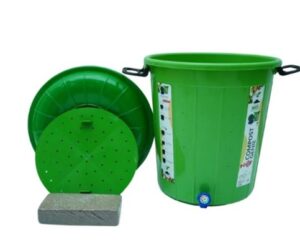Managing Organic Waste at Home
There are several home composting methods that can be used in India, depending on the amount of organic waste generated and the available space. Here are some common home composting methods with their respective capacity:
 Pit Composting Method
Pit Composting Method
This is a simple and low-cost method of composting that involves using any clay pot and adding organic waste materials.
The pot should be covered with soil and left to decompose for several months.
The capacity of a pot composting system can vary depending on the size of the pot.
But it is generally suitable for small households that generate less than 1-2 kg of organic waste per day.
Tumbler Composting Method
This method involves using a container with a built-in mechanism to turn the compost, such as a compost tumbler.
The container is filled with organic waste and turned regularly to aerate the compost and speed up the decomposition process.
Tumbler composting is ideal for households that generate 1-2 kg of organic waste per day and can typically accommodate up to 20-30 liters of waste.
 Worm Composting Method
Worm Composting Method
Vermicomposting is a method of composting that uses earthworms to break down organic waste.
This method is suitable for households that generate up to 1 kg of organic waste per day and can be done in a small container, such as a plastic bin.
The capacity of a worm composting system depends on the size of the container, but it is generally recommended to start with a container that can hold 20-30 liters of waste.
Bokashi Composting (Anaerobic)
This composting technique involves the use of anaerobic bacteria to ferment organic waste.
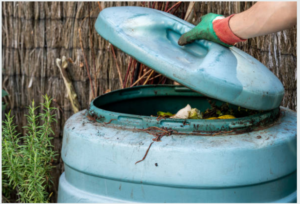
Here are the technical guidelines for bokashi composting:
- The ideal size of the bokashi composting bin should be around 30-50 liters.
- The bokashi composting bin should have a tight-fitting lid to prevent air from entering.
- The moisture content of the bokashi composting bin should be between 40-60%.
- The bokashi composting process can take between 2-4 weeks, depending on the type of waste and the composting conditions.
Compost Bin
A compost bin is a simple container that can be used to collect and compost organic waste. The bin
can be made from various materials, such as plastic, wood, or metal, and should have a lid to keep out pests and animals. The capacity of a compost bin can vary depending on its size, but it is typically suitable for households that generate up to 2-3 kg of organic waste per day.
It is important to note that the capacity of a home composting system can vary depending on factors such as the type of organic waste generated, the composting method used, and the climate conditions.
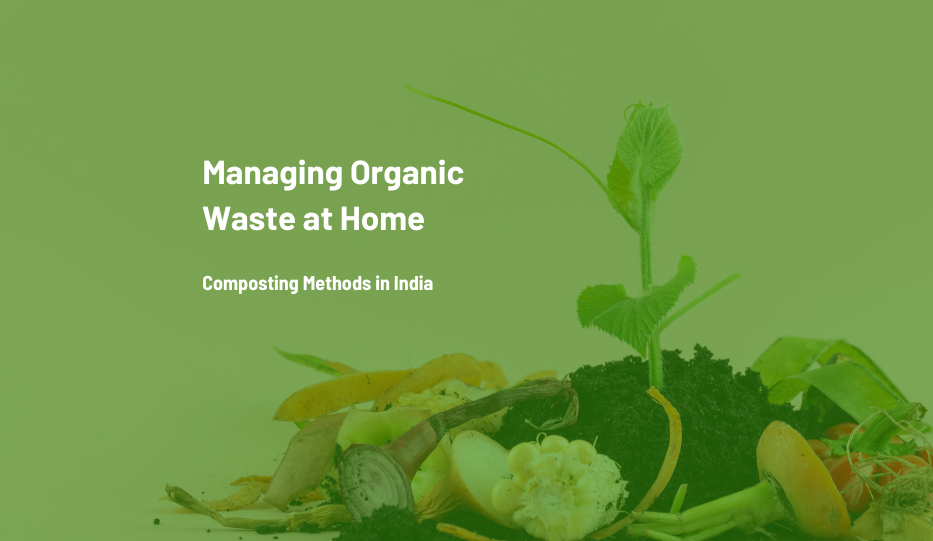
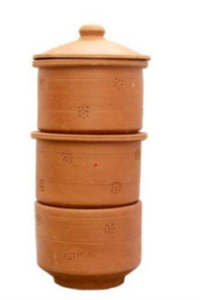 Pit Composting Method
Pit Composting Method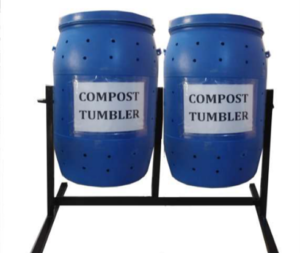
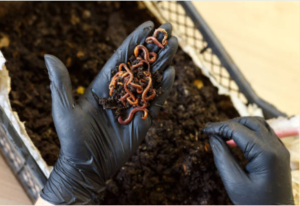 Worm Composting Method
Worm Composting Method